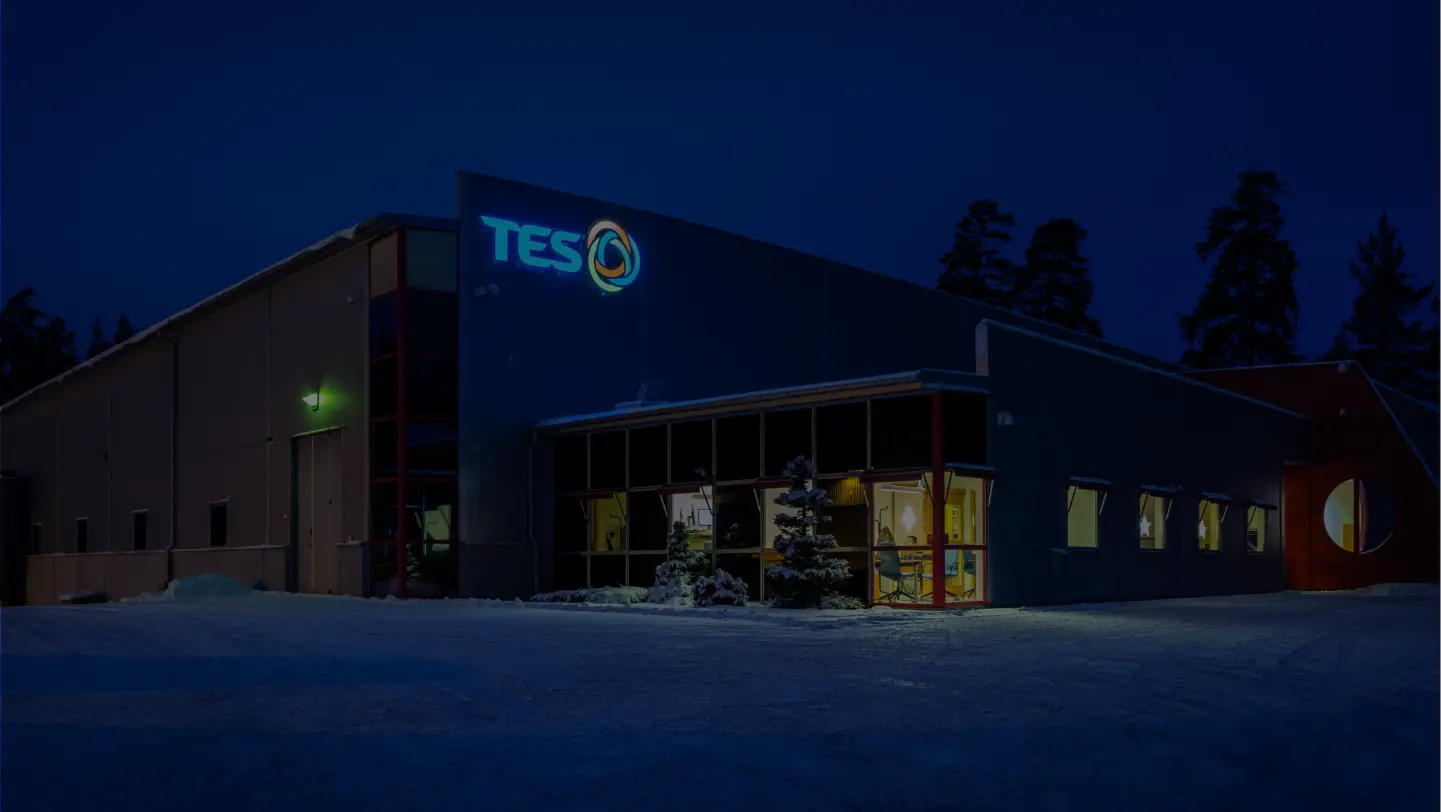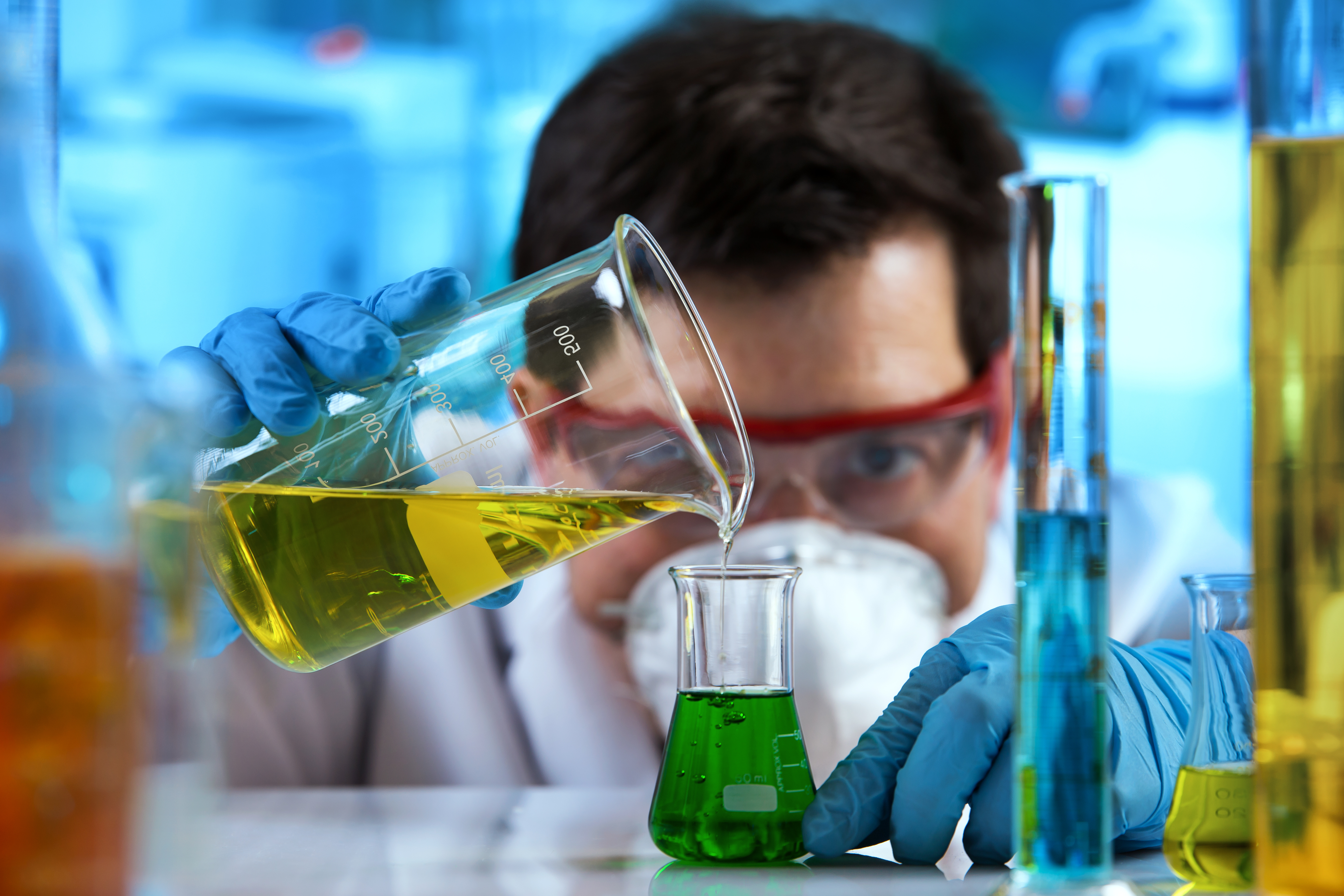At SK Tes, we understand that persistent innovation and investment is a must to meet an ever-changing landscape.
The opening of the SK Tes B Battery Recycling facility in Singapore marks another key landmark in our pursuit of leadership in the circular economy
The increased demand for Lithium Batteries
The demand for lithium batteries continues to grow exponentially, driving the need for vital and scarce components like lithium and cobalt.
GlobalData forecasts lithium demand to rise from 47,300 tonnes in 2020 to 117,400 tonnes in 2024.
This is driven by lithium-ion batteries' use in smartphones, laptops, and ICT devices. We’re also seeing a rise in EV adoption driven by macroeconomics, policy, infrastructure, and consumer demand.1
The environmental and societal impact of mining lithium-ion battery components
Key battery materials like lithium and cobalt are mined as virgin materials. Forecasts suggest these elements could be exhausted within 100 years.
The bad news for the take-make-dispose model doesn’t end at environmental degradation.
The Democratic Republic of Congo produces 60% of the world’s cobalt,2 but mining is often linked to illegal operations, human rights concerns, and corruption.
Many regions classify lithium-ion batteries as hazardous, and improper disposal can harm people, animals, and the environment.
There are hidden layers of complexity beneath the 'green promise' of modern technology and the EV revolution.
The business and environmental potential of properly handled lithium-ion batteries
Our battery recycling facility in Singapore and sister facility in Grenoble, France, close the loop on the take-make-dispose model in lithium battery manufacturing and disposal.
Using SK Tes’s proprietary hydrometallurgy process, we extract lithium and cobalt at unrivalled purity and recovery rates, enabling reuse in the battery supply chain.
This complements our core ITAD services, where we process over 3 million IT assets annually — finding value in aging assets through resale, spare parts harvesting, or recycling.
280,000
Our Singapore facility can handle 14 tonnes of lithium-ion batteries daily — equivalent to 280,000 smartphones.
90%
Recovery rate: 9kg of usable material recovered from every 10kg of batteries processed.
>99%
Purity of cobalt and lithium — suitable for new battery production.
CO2 saving process
Our hydrometallurgical process reduces carbon emissions compared to traditional recycling methods.
Thomas Holberg, Global VP, Battery Operations:
“As lithium-ion battery use rises exponentially around the globe, batteries have started to create their own ecosystem. Proper recycling and reuse of EOL batteries is critical to maintaining the circular economy. SK Tes sets high standards and is proud to invest in innovative technologies like battery recycling.”
References






